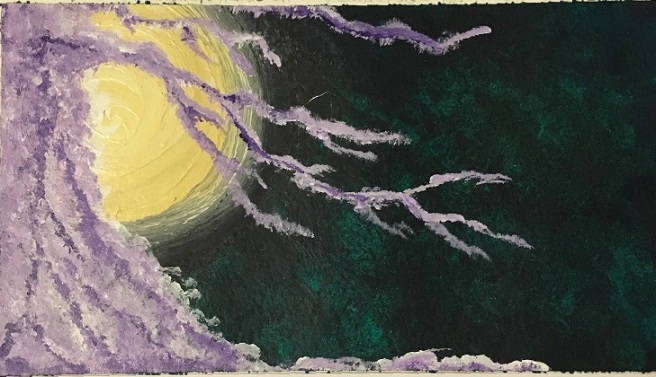Compassion reaches beyond to foster understanding and fellow feeling with a stranger.
Compassion grows beyond those you love and plants seeds of empathy for “the Other.”
It’s much simpler to have empathy, to cry with, those you love who suffer rather than those you don’t know. Ask me to suffer with someone I disagree with or who annoys me? Forget it. Why would I?
Cultivating compassion, fostering empathy changes your world.
It’s easy to ignore the suffering of people we disagree with. They became that “other” person way over there far from my belief system. “They are nothing like me. We have nothing in common!” We both have joy; we both experience suffering.
Life is so much simpler to ignore the suffering of “the other,” it’s saner even. We misunderstand the vastness of life when we fail to heed the words of Louise Gluck in her poem, April.
“Understand grief is distributed between you, among all your kind”.
We put up our mental walls and grow our imaginary hedgerows between us and “the Other.”
It keeps us safe. We reduce “the Other” to descriptions, labels, people groups, and even a number. You can trim the bushes and peer over the hedge to try to understand; the true seed of compassion begs a watering with the tears of empathy.
Empathy for those you love is really just love. We like people and the next natural step is to feel with them. We celebrate with them. We mourn with them. True empathy sprouts only when you cultivate it in the hard soil of “the Other.”
Part of the problem may be that we have put so much emphasis on the importance of Belief. If you believe too differently from me, woah, back up. What is belief? Is it something you can see?
Sometimes. Maybe in some actions.
Sorry but some of those beliefs aren’t worth the mental energy that we use to prop them up.
To change the world we must start with one common belief. We must believe that the humane treatment of people is necessary for us to live in peace in this world.
Despite our political or religious affiliation, if our action is cold and only self-serving, how much value is our belief? Should I put up my hedgerow or trim it? Should I try to understand you and shed a tear when you suffer?
Some people think “thoughts and prayers” during turmoil are like an empty truck of supplies driven into a war zone. Worse than useless.
On the ground, yes.
CARING MATTERS.
Our spiritual deficit comes at the cost of confusing prayer with action. Prayer has never changed circumstances. Prayer only changes the PRAY-ER, not the situation. It doesn’t drop magic fairy dust and undo damage done. If you equate prayer with change of THINGS, you are superstitious (which is another blog post). God didn’t come to change things or circumstances, he came to change PEOPLE.
I’m sorry if that hurts. Prayer is not magic. However, that’s not the question.
Do you want the world to change? Start with yourself. Cultivate fellow feeling for those a world away from you. Water the seeds of empathy for the Other with whom you disagree. If you don’t start with the change before you, your world will never change. If your world doesn’t change, our will stay the same or worse.
It’s math, folks. Not magic.
Liked this? Like me? Tell your friends!











